Digital
Discover the Best Digital Services
Unleash the power of the top VPNs, SEO, and Hosting services

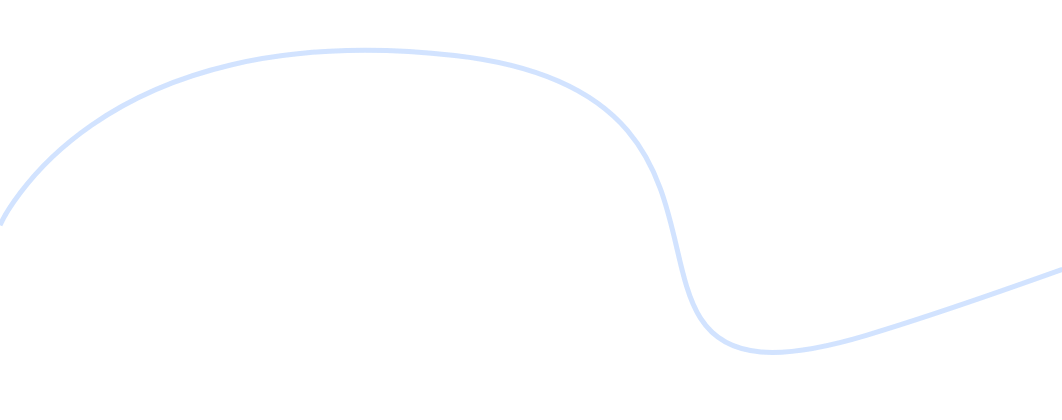


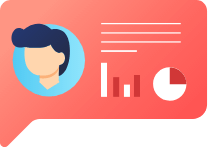
Services
Our Offerings
Discover our top services in VPNs, SEO, and Hosting
SEO
In-depth evaluations uncover top SEO tools, optimizing websites for better visibility and rankings
Hosting
Comprehensive assessments highlight reliable hosts, offering high-performance, scalable solutions for websites.


About
Our Story
With years of experience and a passion for providing unbiased reviews, Digital Best Of is your go-to source for the top services in VPNs, SEO, and Hosting. Our team of experts rigorously tests and evaluates each product to ensure you have all the information you need to make an informed decision.
Hours of testing
User Reviews
Readers
About
Why Choose Digital Best Of
Unmatched Quality
We handpick the best services in the market based on rigorous evaluation and user feedback to provide unmatched quality to our users
Expert Recommendations
Our team of experienced marketers and tech enthusiasts curates expert recommendations to ensure you make informed decisions for your online ventures.


Blogs
Take a look at our references
Our VPN, SEO and Hosting services and research has featured in over 700 publications, including:
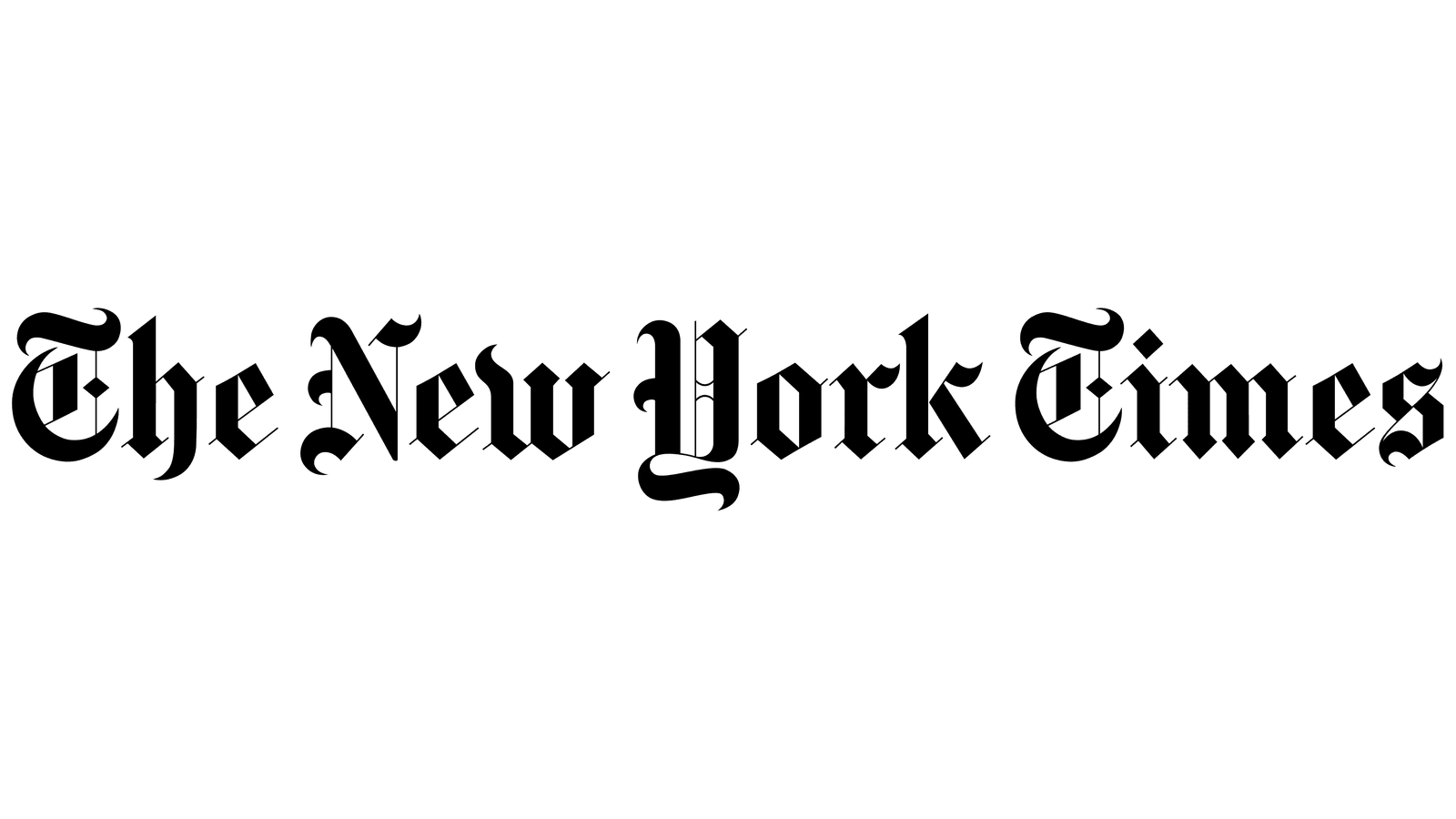
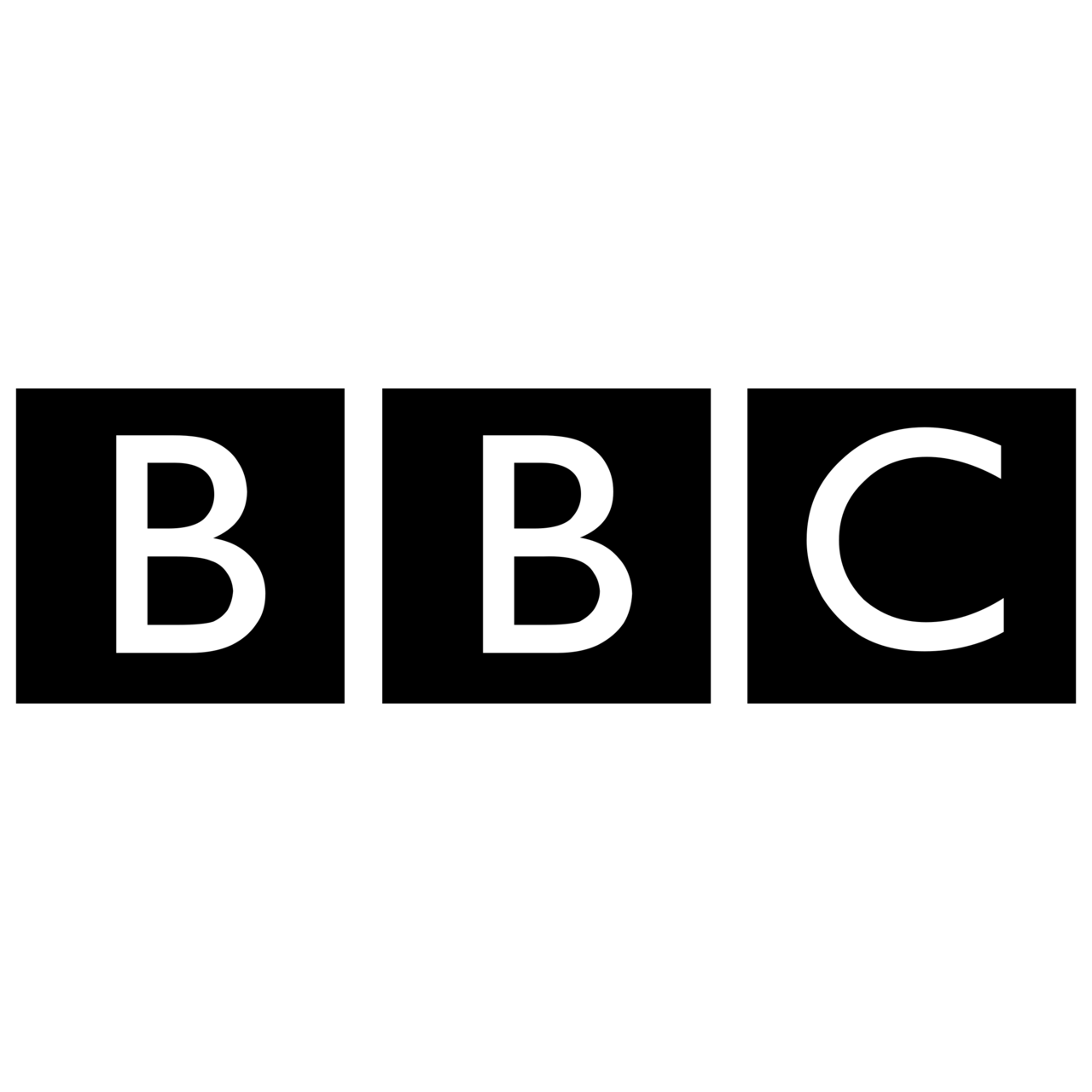
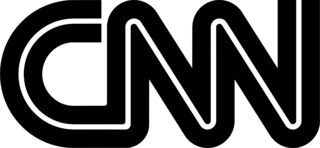
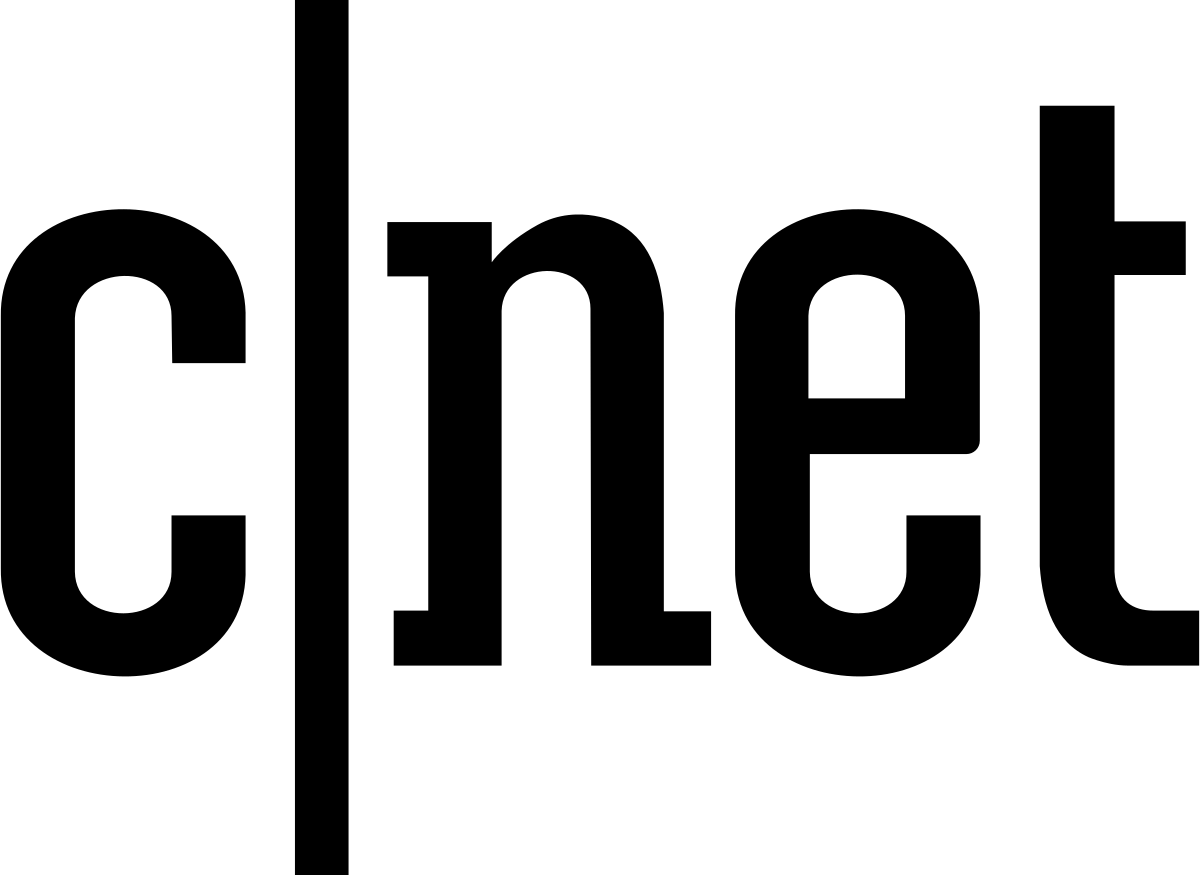
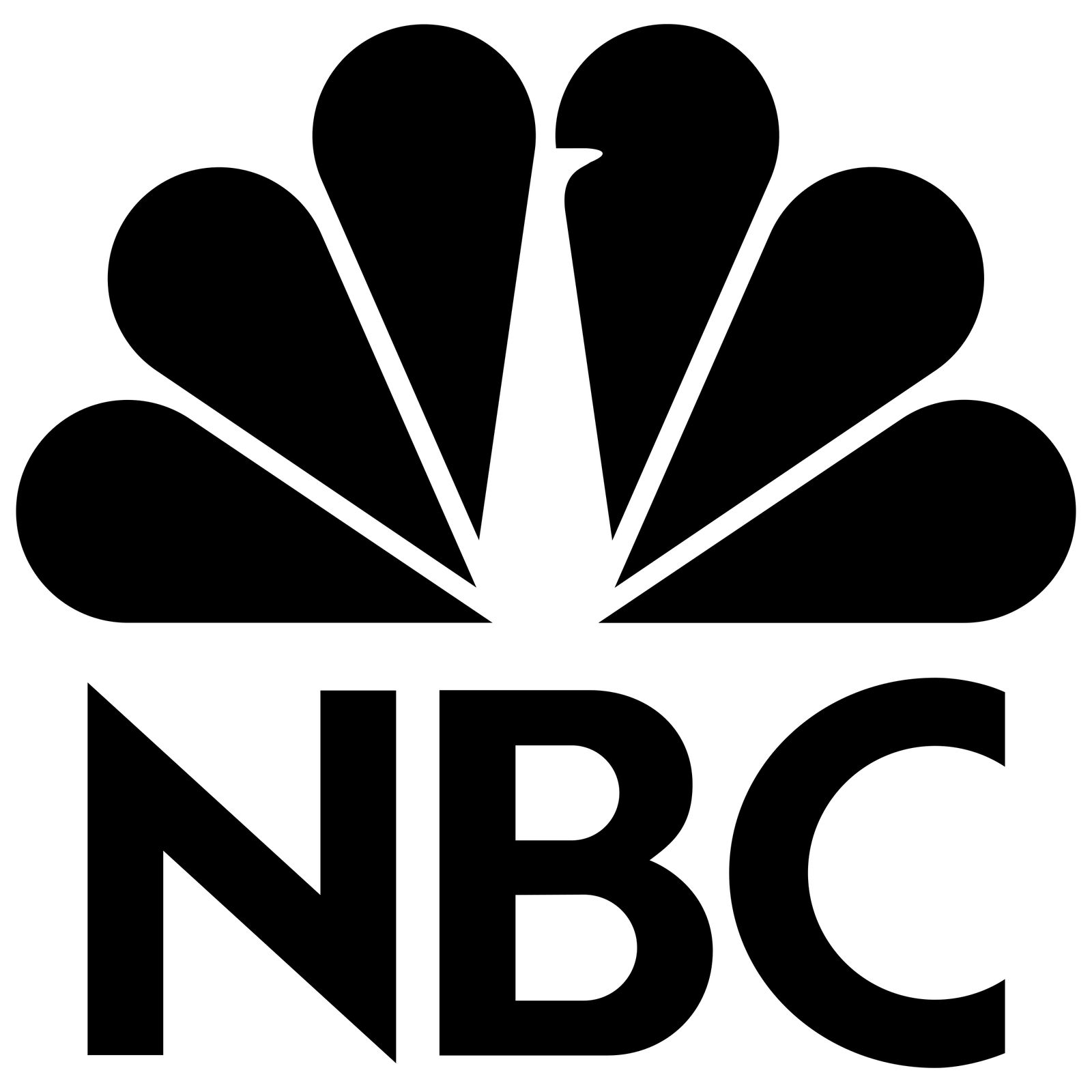
Review
Clients' Testimonials

Thanks to Digital Best Of, I found the perfect VPN for my needs! Their detailed reviews guided me to a reliable and secure service that keeps my online activities private. Highly recommended!

Discovering the right SEO tools was overwhelming, but DIGITAL BEST OF changed that. Their insightful reviews helped me choose tools that significantly boosted my website's visibility and traffic. A game-changer !

I was lost in the sea of hosting options until Digital Best Of came to the rescue. Their thorough evaluations helped me choose a hosting provider that offers great uptime, speed, and scalability. Truly a lifesaver.
Start optimizing your digital journey now!
Sign up today and gain access to exclusive deals, insightful reviews, and helpful resources to supercharge your online presence.
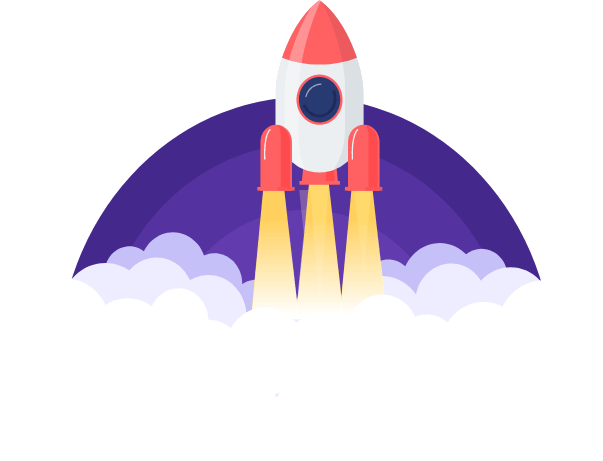
Subscribe email to get news & updates
Am fined rejoiced drawings so he elegance. Set lose dear upon had two its what seen held she sir how know.



